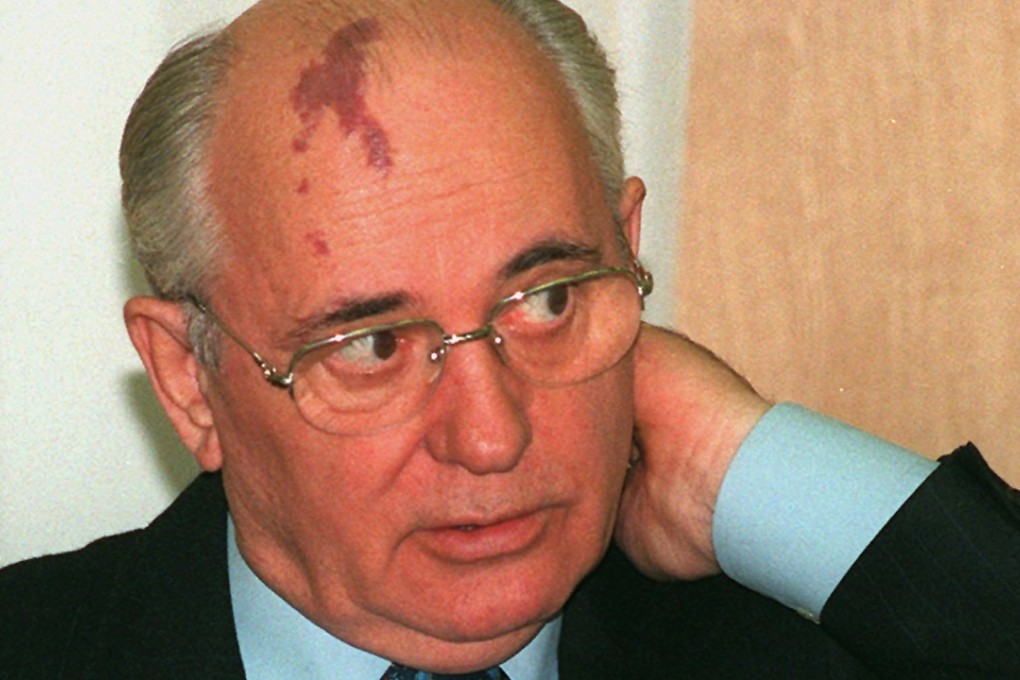China and India to Iran and Korea, why Russia is the Asian player to watch
From arms to energy, Russian influence in the region is growing ever greater – and key to Moscow’s route to dominance is its unique relationship with Beijing

As a global power and leader of the socialist camp, in the cold war era the Soviet Union was a major player all over the world – and Asia was no exception. The USSR’s close ties with Maoist China that lasted until the late 1950s and the confrontation that followed, its role in the division of the Korean peninsula, its support for North Vietnam and the Viet Cong in Indochina, its ill-fated military campaign in Afghanistan, and its special relationships with India and the Iran of Shah Mohammad Reza – all these helped shape the politics of the continent. But with the end of the cold war things changed drastically.
In 1986, Mikhail Gorbachev delivered a historic speech in Vladivostok, proclaiming the Soviet Union’s “turn to the Asia-Pacific”and vowing a new approach, perestroika and new political thinking, with an emphasis on security for all nations, priority of common human values, cooperation, and understanding of each other’s interests.
This approach was fundamentally different to the conventional Soviet policy in Asia: the new Soviet Union sought to realise its potential as the regional power, as an integral part of the Asia-Pacific, as a fully fledged player not only on the diplomatic and security fronts, but in fields from economics and trade to education and culture.
Vladivostok, a military outpost and a closed city, was opened up to foreigners, offering a window to the Asia-Pacific.
Initially, most Asian countries were cautious about Moscow’s new Asia-Pacific drive. They found it difficult to recognise either the Gorbachev-era Soviet Union or the new Russia as integral parts of Asia. Was Russia really an Asian country, people would ask. The Japanese coined an interesting term when referring to the Russian Far East; an enclave of European culture on Asian territory. The feeling was mutual – people in the Russian Far East also saw Asia as distant. In the late 1980s, while lecturing at a factory in Amur province, which is so close to China you can see the city of Heihe across the river from the provincial capital Blagoveshchensk, I said “your neighbours”, referring to the Chinese. The audience didn’t get it. When I explained, they took it as a joke.